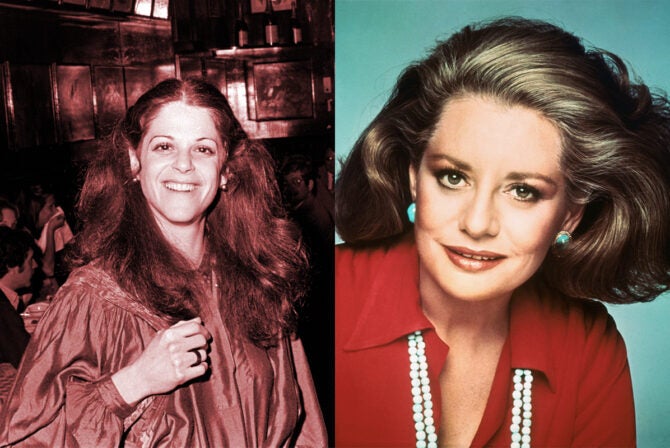When my son was ten years old, he came home from school wanting some help on a project.
“I need to interview people in my family,” he said.
I was sitting on the couch with his seven-year old brother.
“If you had to leave the house in a hurry,” he said, “and you didn’t know when you’d be able to come back, what would you take with you?”
“My Lego,” his brother said immediately.
“Are you learning about the Holocaust again?” was my response.
I send my children to Jewish school to learn about their language, their traditions, their culture, and the history of their people. But this feels too young, too soon. When my first son was born, a non-Jewish friend gave me a picture book about the Holocaust as a baby present. A picture book! It was beautifully designed, in black and white, with accents in yellow—a star, a baby blanket. I hid it. It seemed wrong to throw it out, but that was no bedtime story.
Part of me wanted to say to my younger son, “You can’t take your Lego, we have no space for that.” Part of me wanted to say to my older son: “passports, credit cards, money. I’ll show you where they’re hidden.”
My mother’s parents were both survivors, but neither spoke of their experience. Recent research on the children of survivors has speculated about the epigenetic transmission of trauma through generations. A study at Emory showed that when mice were trained to associate the smell of cherry blossom with small electrical shocks, some of their offspring shuddered at the same odor, to the third generation. Is this the reason for my overactive apocalyptic imagination, my emergency reactions to a family member home late, an unanswered phone call?
I don’t want my children to learn to be afraid of the world around them. I don’t want them thinking about what to take if they need to flee their home. I don’t want them to read Holocaust memoirs obsessively, to wonder which of their friends might hide them if they were targeted, to think about how they might escape, all the questions that obsessed me when I was just a little older than they are now and read “The Diary of Anne Frank” in a tear-soaked sitting.
What other lessons can Jewish schools draw from the Holocaust, aside from the lesson of vulnerability? My son is fourteen now, and has developed a political conscience just in time for Trump’s election. He can’t believe there are Trump supporters in his classroom. “Don’t they understand they belong to a religious minority, that their grandparents were immigrants and refugees?” he says. And I realize this is why he has to learn that dark history. This is what I want him to learn from the lessons of our family history.
Not to live in a state of emergency, but to shudder at injustice when it’s done to others. This is something he can easily carry with him when he leaves in a hurry, even when he isn’t sure when he’ll be coming home.







